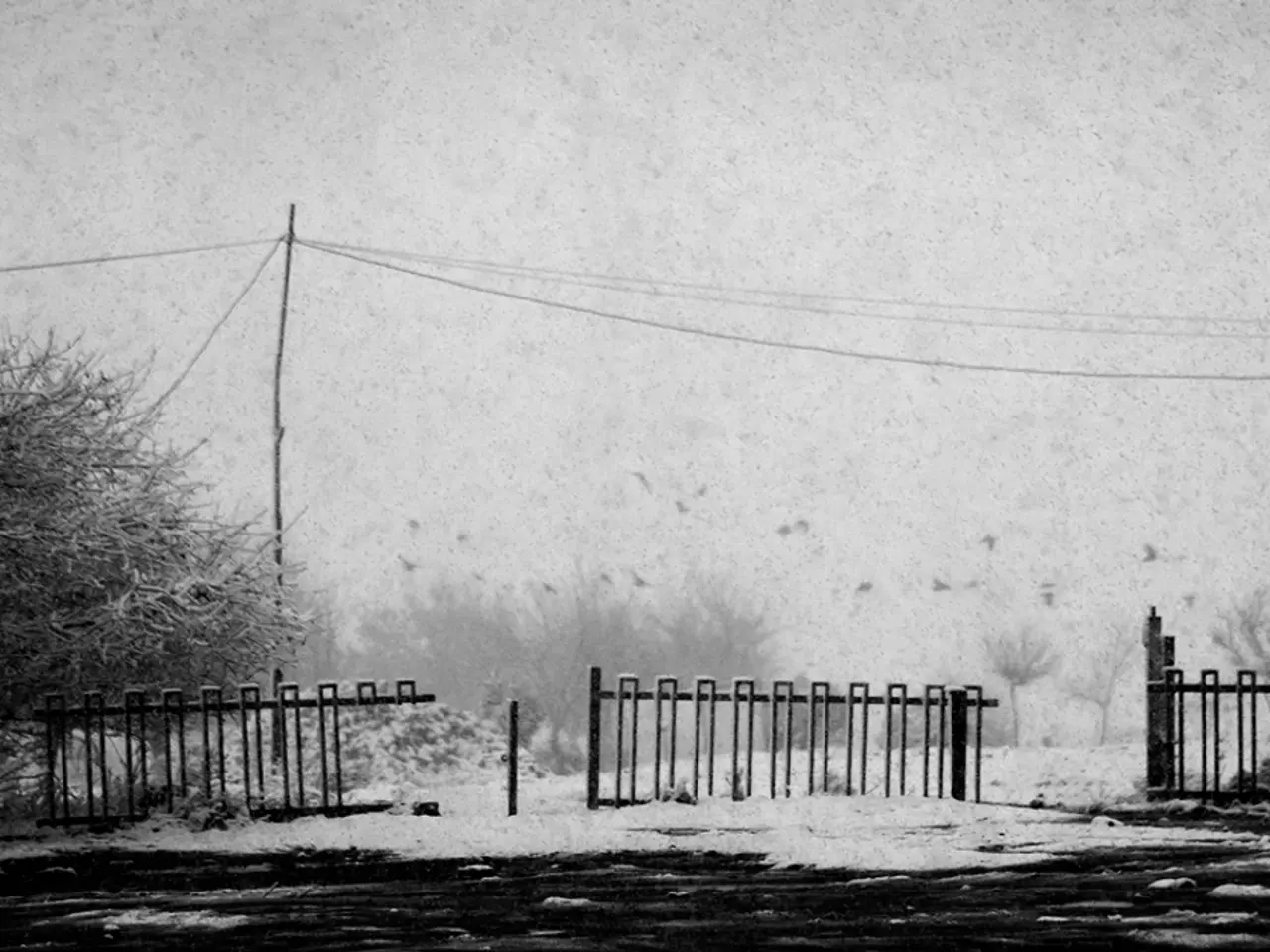Southern Europe and Turkey experience a decrease in fires, yet the temperature continues to escalate.
In recent weeks, a series of devastating wildfires have swept through southern Europe and Turkey, claiming at least 14 lives, including firefighters, and causing extensive damage to forests, bush, and farmland.
The blazes, driven by extreme heat, drought, and dry conditions, have reached record highs in Greece and Turkey, with intense blazes fueled by soaring temperatures often exceeding 50°C in some Turkish regions, such as Şırnak province. According to the European Forest Fires Information System (EFFIS), southern Europe has already burned 292,855 hectares this year, more than double the area at the same time last year.
Turkey has been particularly hard-hit, with more than 2,000 wildfires breaking out so far this year, according to the Ministry of Forestry and Environment. Firefighting efforts include air support with multiple aircraft deployed near cities such as Izmir, alongside ground firefighting and humanitarian aid provided by the Turkish Red Crescent to support affected populations and firefighters.
Greece is also facing persistent high temperatures contributing to ongoing intense wildfires. The situation remains tense in the south of the island of Euboea, east of Crete, and in the region around Athens, according to Greek authorities.
Italy's wildfire risk is moderated by recent rainfall and storms, particularly along the Adriatic coast. However, Spain and Portugal are entering high alert states due to worsening fire risks associated with an incoming heatwave, leading to restrictions on forest access and activities like use of fireworks and machinery that could ignite fires.
The European Centre for Medium-Range Weather Forecasts (ECMWF) indicates that the combination of abundant forest fuels and severe hot, dry weather is driving the intensity and frequency of fires around the Mediterranean Basin this summer. Forecasts show warmer-than-usual temperatures continuing across Europe, with southern Europe likely to see normal rainfall but other parts of the continent experiencing drier than normal conditions, maintaining high fire risk.
Despite the challenging conditions, firefighters in southern Europe and Turkey have managed to largely contain the recent wildfires. The fire near the town of Ponte da Barca in northern Portugal has been raging for days but is now almost under control, according to civil protection head Elisio Oliveira. The second major wildfire in the region of Cáceres in Spain has also been brought under control.
Strong winds, a nightmare for firefighters as they drive the flames forward and make extinguishing efforts significantly more difficult, have posed a particular challenge. However, rainfall in Cuevas del Valle south of Ávila in Spain has helped firefighters to almost completely extinguish a wildfire.
Several fires also had to be extinguished on Sardinia this week in Italy. Isolated fires were reported in the rural regions of Thrace and Izmir in Turkey, but they were quickly extinguished.
Since the beginning of the year, more than 70,000 hectares of forest, bush, and farmland have been destroyed by fires in Portugal and Spain. The wildfire risk remains extremely high, and emergency alerts and restrictions on activities to reduce fire ignition risks are being implemented across the affected regions.
Broad humanitarian support is being mobilized to manage and mitigate these extreme wildfire events, with firefighters working tirelessly to contain the blazes and protect lives and property.
- The intense wildfires throughout southern Europe and Turkey have raised concerns within the realm of environmental science, as climate change may be exacerbating the conditions that fuel these blazes.
- As weather-forecasting technologies evolve, they play a crucial role in predicting and preparing for extreme weather events, such as the persistent heatwaves currently affecting the Mediterranean region.
- The service provided by firefighting teams and organizations, including air support, ground firefighting, and humanitarian aid, is essential in managing the ongoing wildfire crises that are impacting several countries around the Mediterranean Basin.








